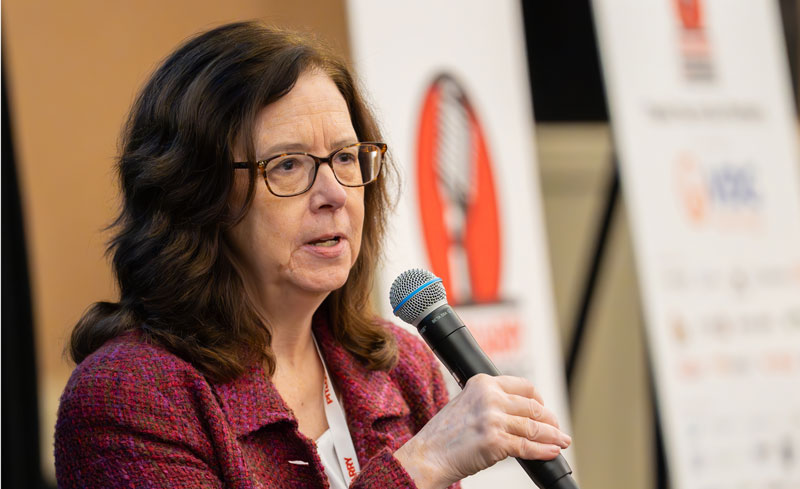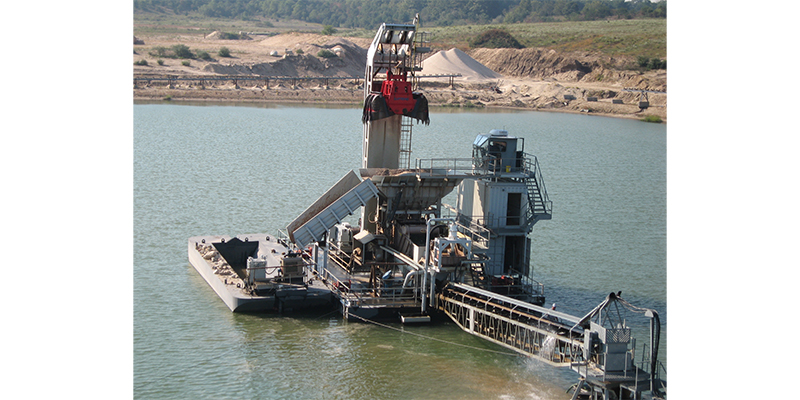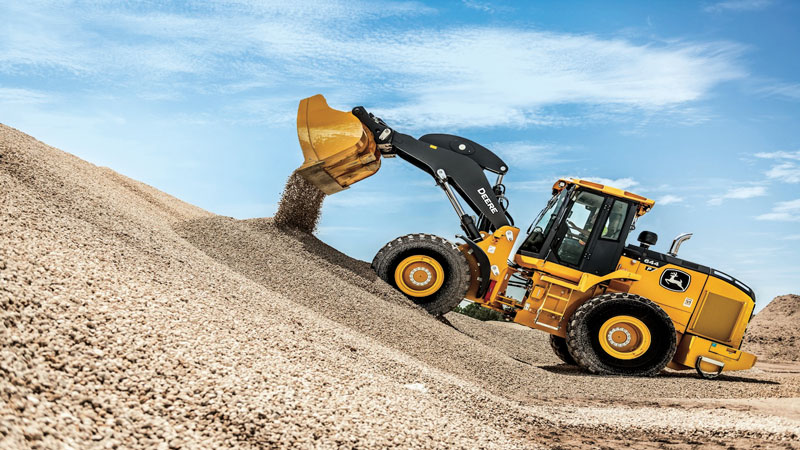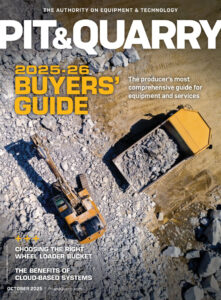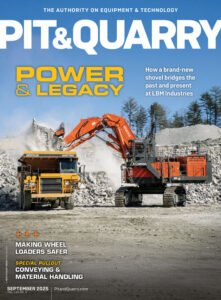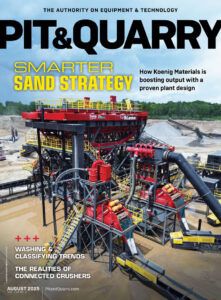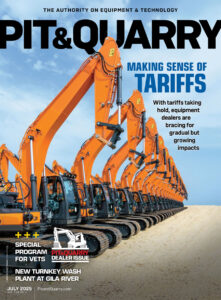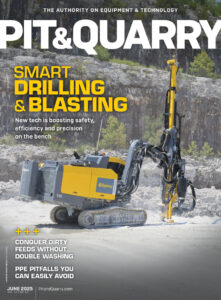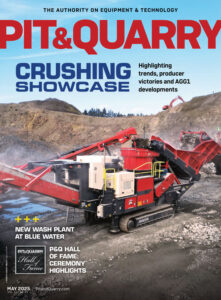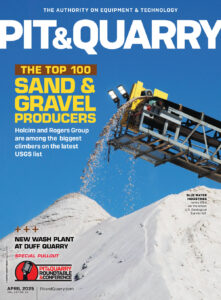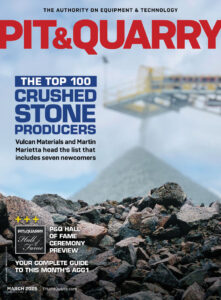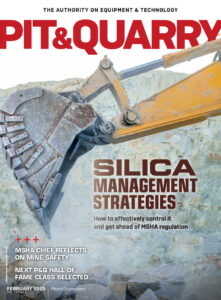The following transcript was edited for brevity and clarity from one of two concurrent Jan. 31 discussions at the 2025 Pit & Quarry Roundtable & Conference at The Wigwam Resort. Part 1 can be found here.
JACK KOPANSKI (PIT & QUARRY): How would you characterize the industry’s record on safety today, and what improvements could be made to genuinely make operations safer?
How would you characterize your experience with the Mine Safety & Health Administration (MSHA) under assistant secretary Chris Williamson and the Biden administration? What expectations do you have for MSHA under the second Trump administration?
Are you actively seeking out technology that can make your operations safer?
JASON WADDELL (JONES BROS. CONTRACTORS): We definitely shifted away from the education part of MSHA to pure enforcement. But the biggest thing – if I could talk to someone directly who had influence with MSHA – is we’d like some standardization with the inspections.
Also, for manufacturers, specifically those making equipment overseas, they’re not made with all the guards that are required by MSHA – because MSHA is not a ‘thing’ there. I think there’s a miss between what’s expected at the quarry from the producer’s standpoint and what is created from an equipment standpoint.
MARGO LOPEZ (OGLETREE DEAKINS): I’ll call it ‘inconsistency.’ That is definitely an issue, and it’s always been there.
Maybe one thing we should do is advocate to this administration to have an email address where you can email examples of the inconsistencies so they can do some type of training down into the district level. They’re not hearing this at headquarters. I know that from my interactions with them. They know there’s inconsistency issues, but they don’t know what they all are. So, it seems to me that would be a great thing to try with this administration.
On education, one concern I have is with future budget cuts to the agency. I think an early thing that’s going to get cut is some of the education and outreach – specifically the enforcement-related kind. As an industry, we need to advocate to make sure that is not one of the things that is cut if they were to trim back the agency.
Third, inspector misconduct: I’m seeing an uptick in that, and it is sometimes former disgruntled employees as an inspector, or sometimes people just having the wrong mindset to be out there in the field. They’re acting inappropriately with other employees.
Whatever it is, I’ll just tell you: When clients come to me with these issues, we do let the agency know about it. In my experience, if we’ve got it well-documented and have good witnesses on those instances, MSHA is making corrections.
I urge you not to take that. Let them know something like that has happened, because they don’t want those people out there.
CLAY ALBRIGHT (CALDWELL STONE CO.): We have coal in eastern Kentucky. Over the last six or eight years, we’ve had so many inspectors coming to our site. For some, we were their first limestone mine or first metal/nonmetal operation. They’re asking me questions, and saying: ‘If this was coal, I would have probably written you up for it.’ So, they’re still on that mindset.
Overall, their attitudes have been great and fine. I don’t have any issue with that.
JAMIE JONES (CAPITAL AGGREGATES): Overall, we have a great relationship with MSHA. In this past year, we had the most zero-citation inspections across aggregates that we’ve probably ever had as a company, averaging 0.6 to 0.7 citations per inspection. That’s a great year.
I take a little bit of a different approach. I know whenever our people come back and they’re like: ‘Hey, they’re just nitpicking us. They’re doing this. They’re doing that.’ My response has always been: ‘Was it a citation? Did you not do that?’
I’ll say: ‘They’re doing their job. They’re required to go do that.’
As far as technology, one of the guys who runs our safety program is from production. Everybody in here knows how much people who have been in their company 20-something years hate technology. They still prefer the old paper copies of things. So, we have been working the last couple of years to try to push more tech into their space.
ROSS DUFF (DUFF QUARRY): I want to comment on MSHA and piggyback on Margo’s comments.
I feel everybody in this room is a responsible producer. We have no interest in putting any of our staff in harm’s way in any form, shape or kind. We don’t want to hurt our people.
With this new administration coming in and with so much tech out there, how do we apply that to make the government agency more efficient and transparent? I think there’s a huge opportunity to do away with the traditional cat-and-mouse game producers have had with MSHA, using the tech that’s out there and leveraging the new administration to work together to ultimately make ours a safer industry.
Related: Ideas for MSHA leaders to consider

